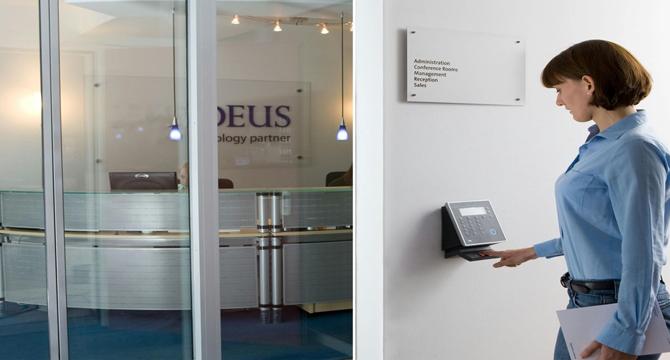TechBullion
1w
329

Image Credit: TechBullion
The Rise of Biometrics: How Fingerprints and Face Recognition are Changing Security
- Biometrics is emerging as the unsung hero of our digital age as innovative biometric solutions are transforming how businesses safeguard sensitive data and streamline user experiences.
- Biometric technology is making waves across various sectors, such as banking and healthcare, offering enhanced security and convenience.
- Biometric authentication offers several compelling advantages over traditional methods such as enhanced security by utilizing unique biological traits that are nearly impossible to replicate or forge.
- Moreover, these technologies often provide detailed logs of access attempts and usage patterns which is invaluable to identify suspicious activities and improve overall security measures.
- The rise of biometric technology brings both excitement and skepticism as society navigates its implications on privacy and reliability.
- Biometric technology started with fingerprints and advancements led to iris scanning and facial recognition systems at airports.
- Biometric systems are not just limited to high-security environments; they're becoming commonplace in everyday life–smartphones unlock with a glance while airports utilize face recognition for swift passenger processing.
- Privacy concerns regarding data collection and potential biases within algorithms must be addressed to ensure acceptance among users.
- Artificial intelligence plays a crucial role in enhancing biometric systems and enables real-time analysis, improving the accuracy of facial recognition software.
- Secure authentication methods like biometrics hold immense potential for enhancing safety in our increasingly digital world.
Read Full Article
19 Likes
For uninterrupted reading, download the app